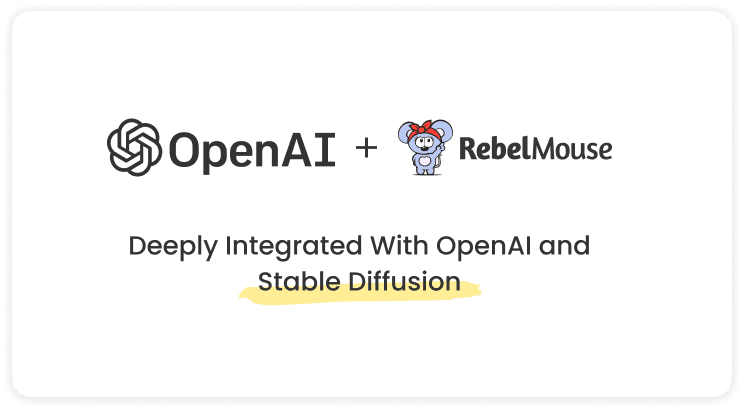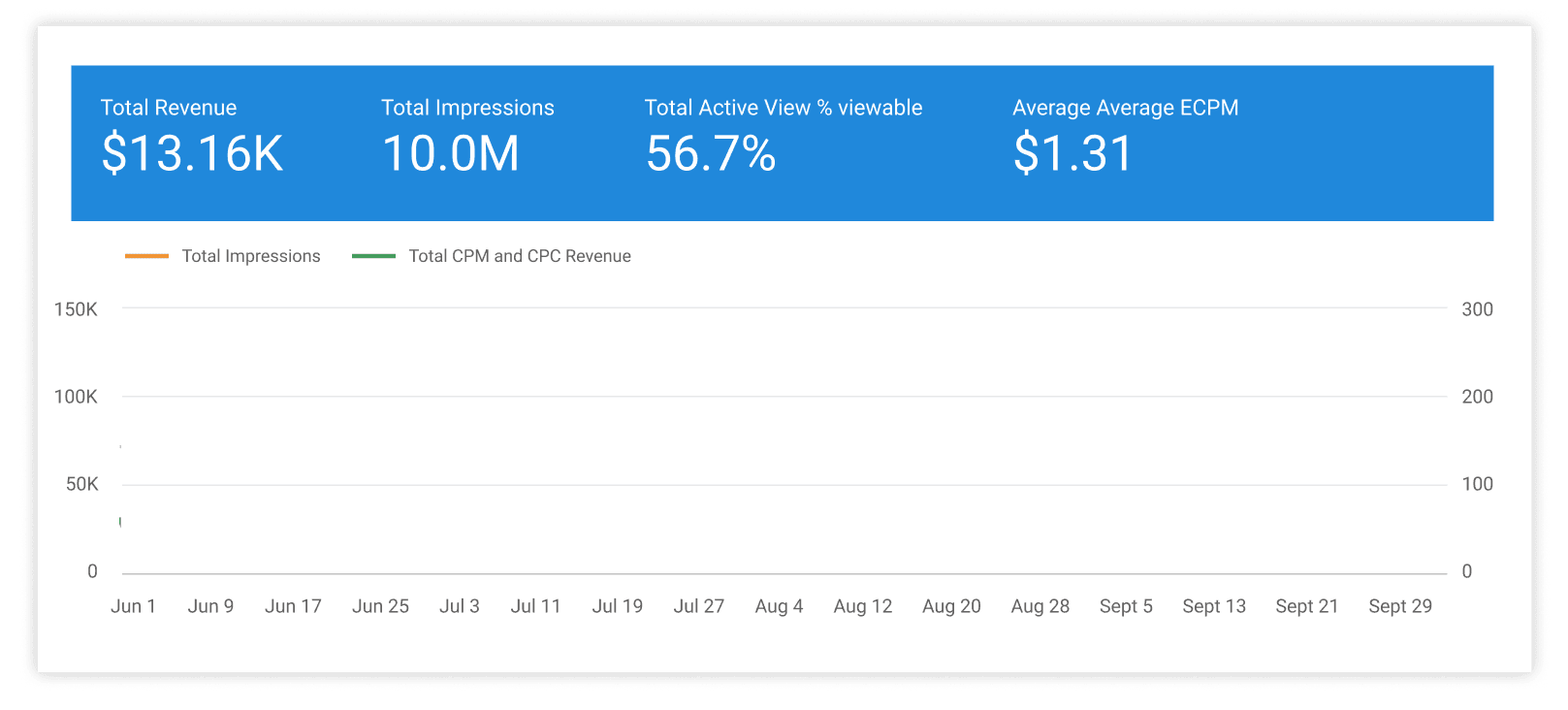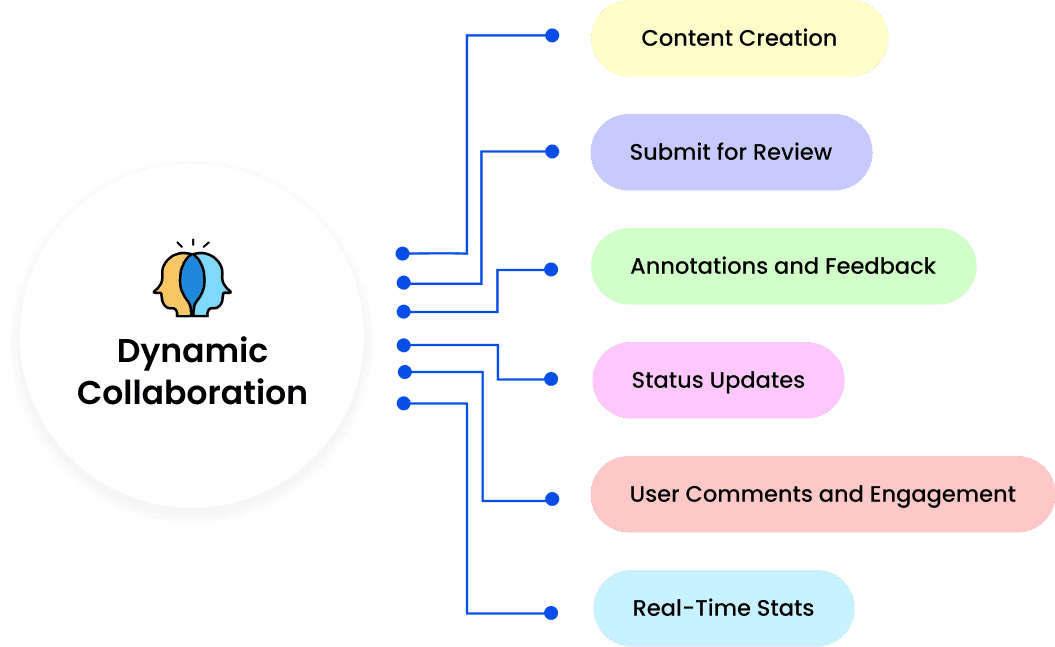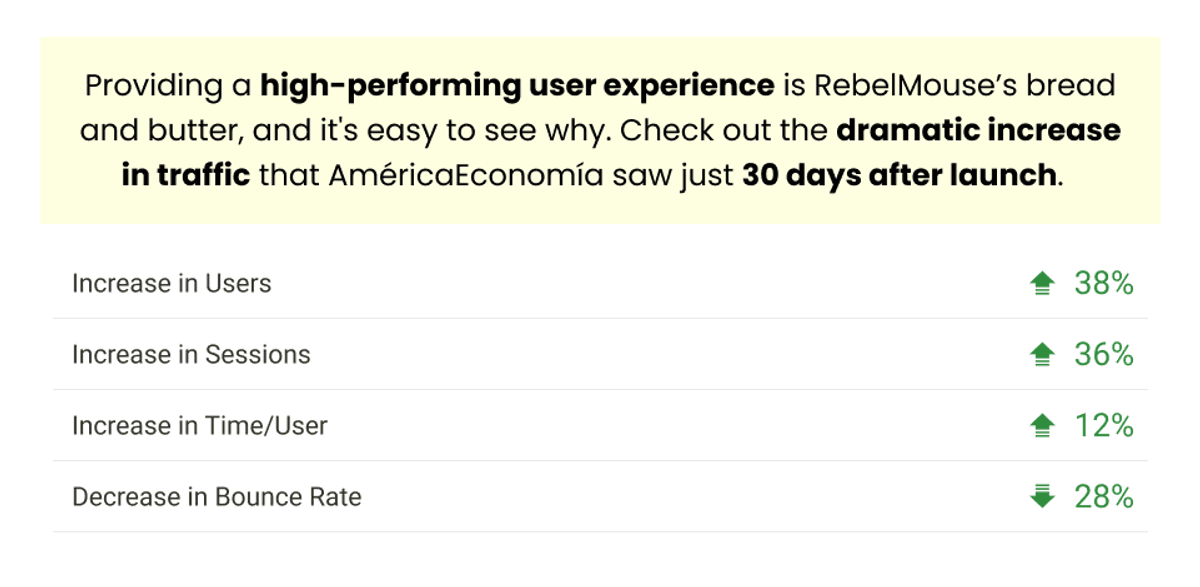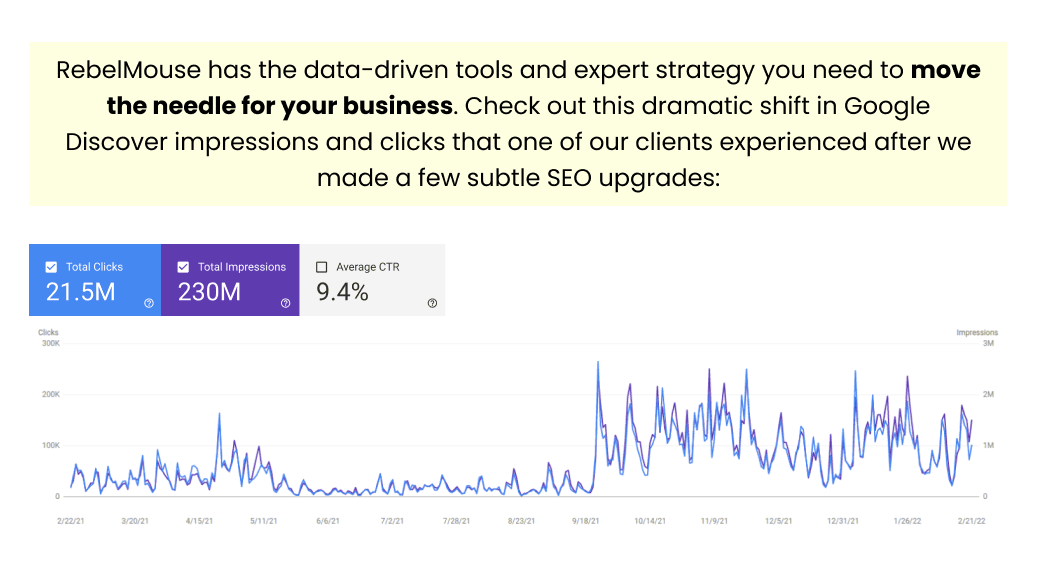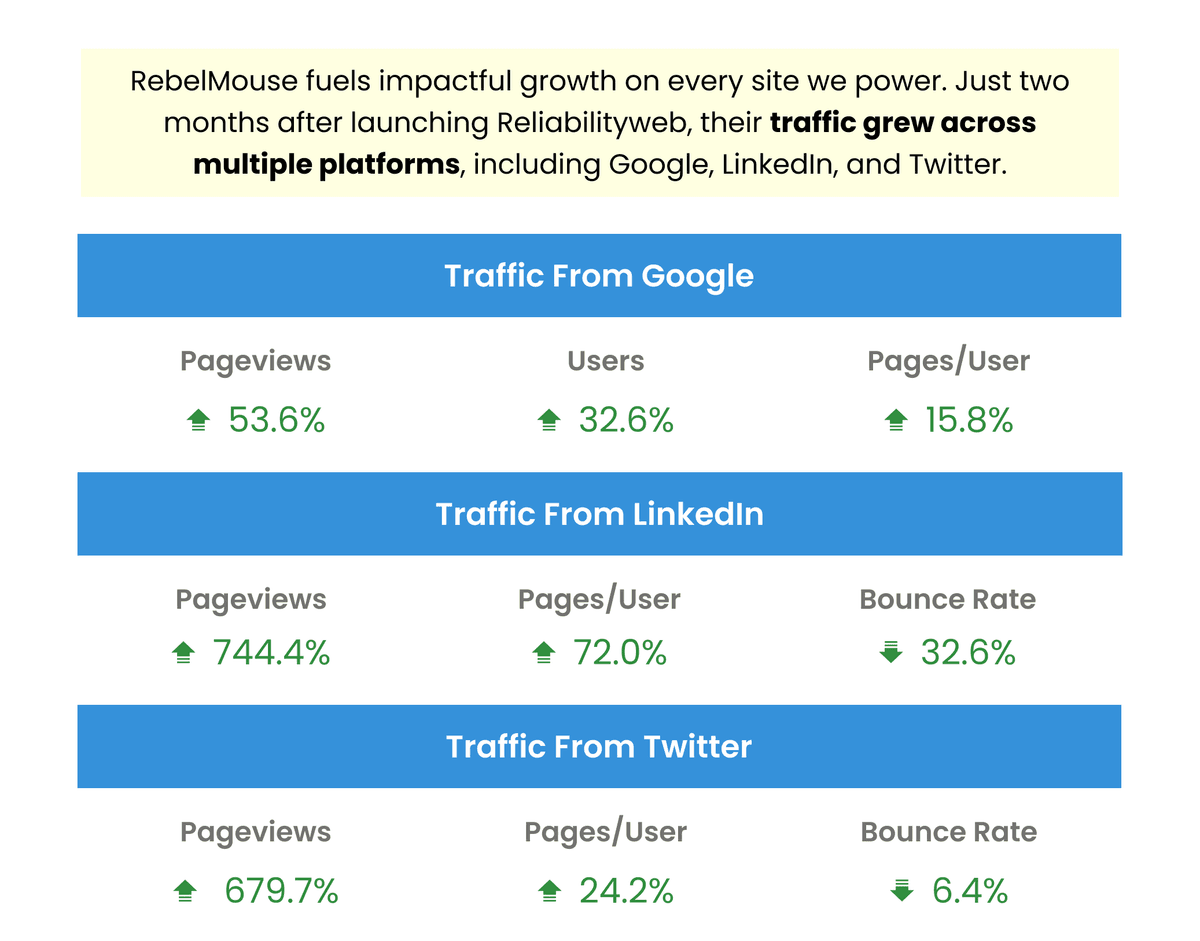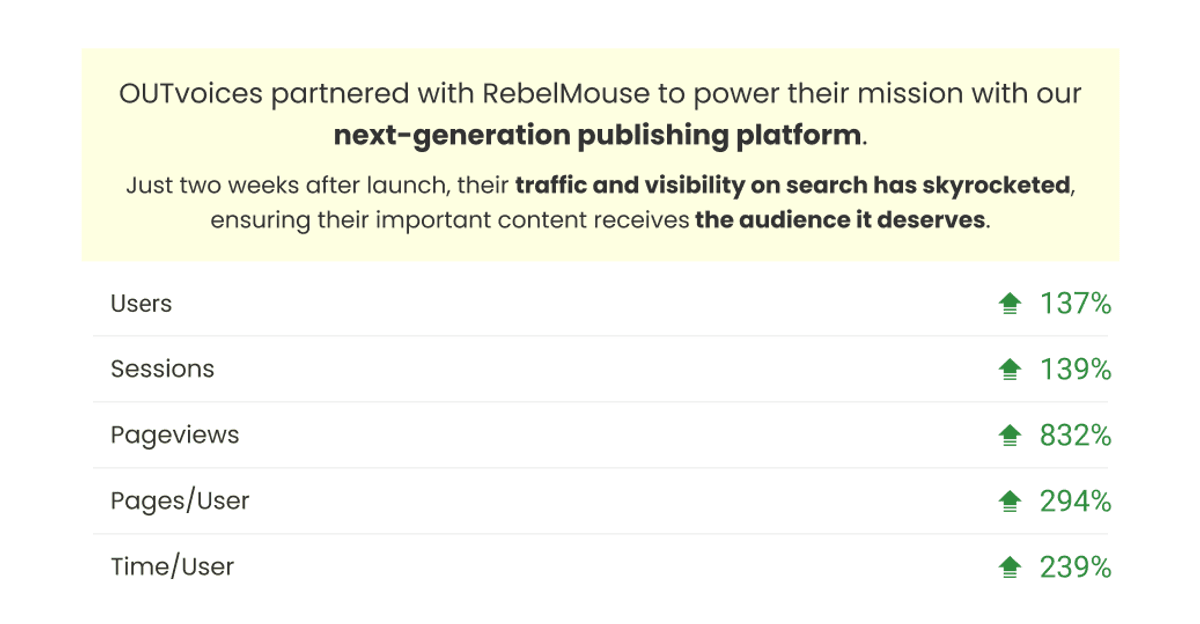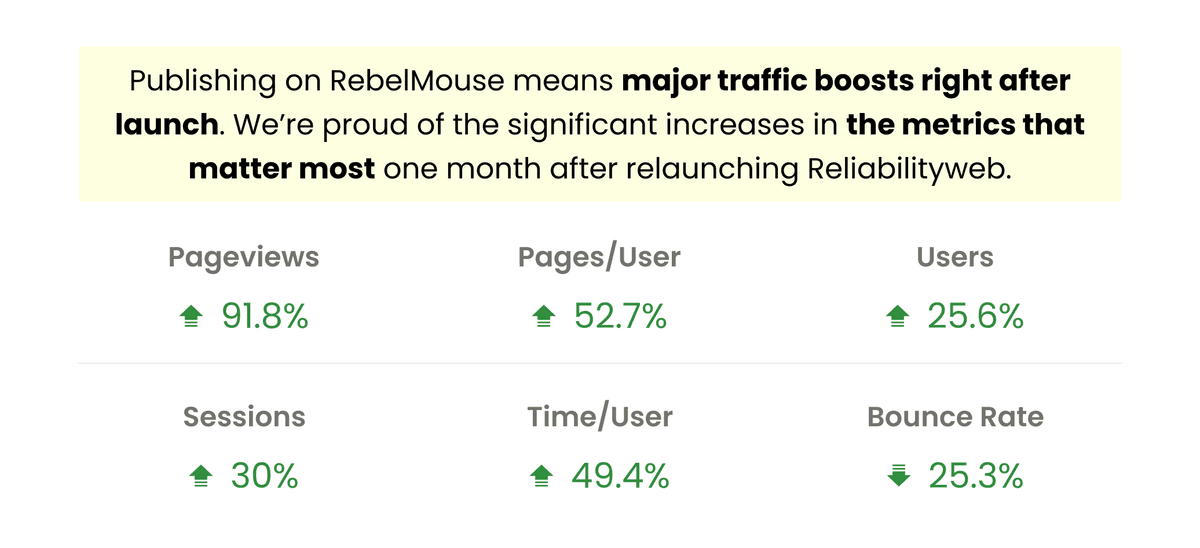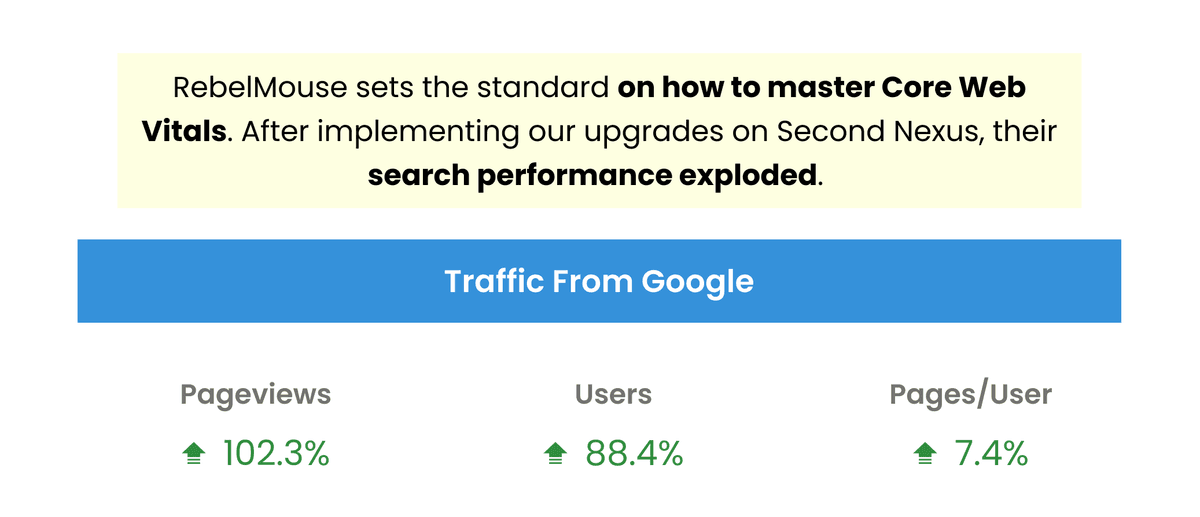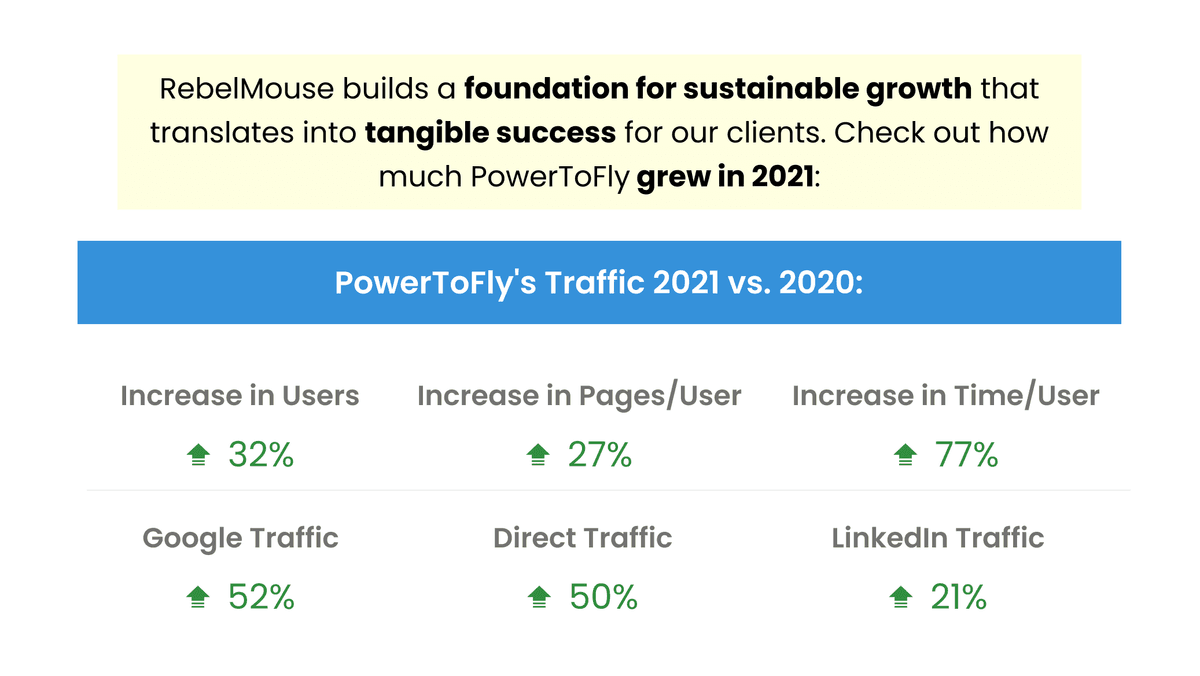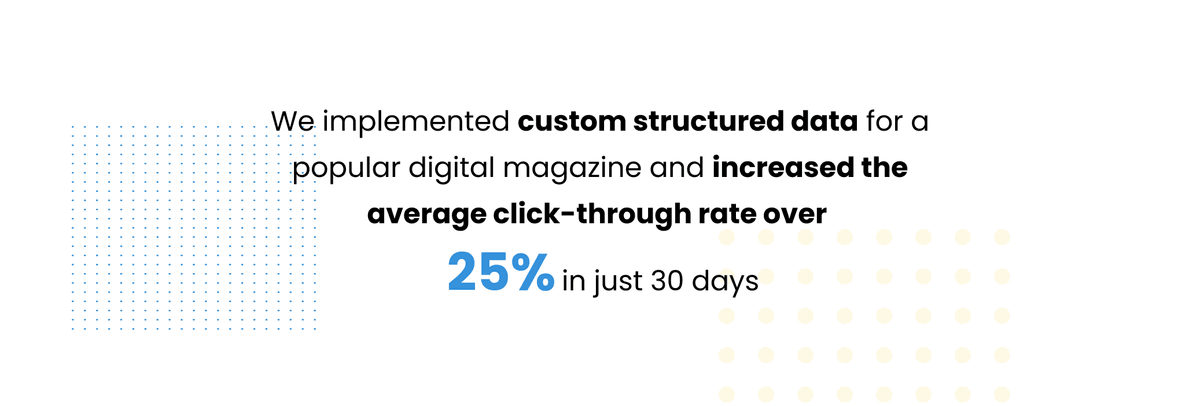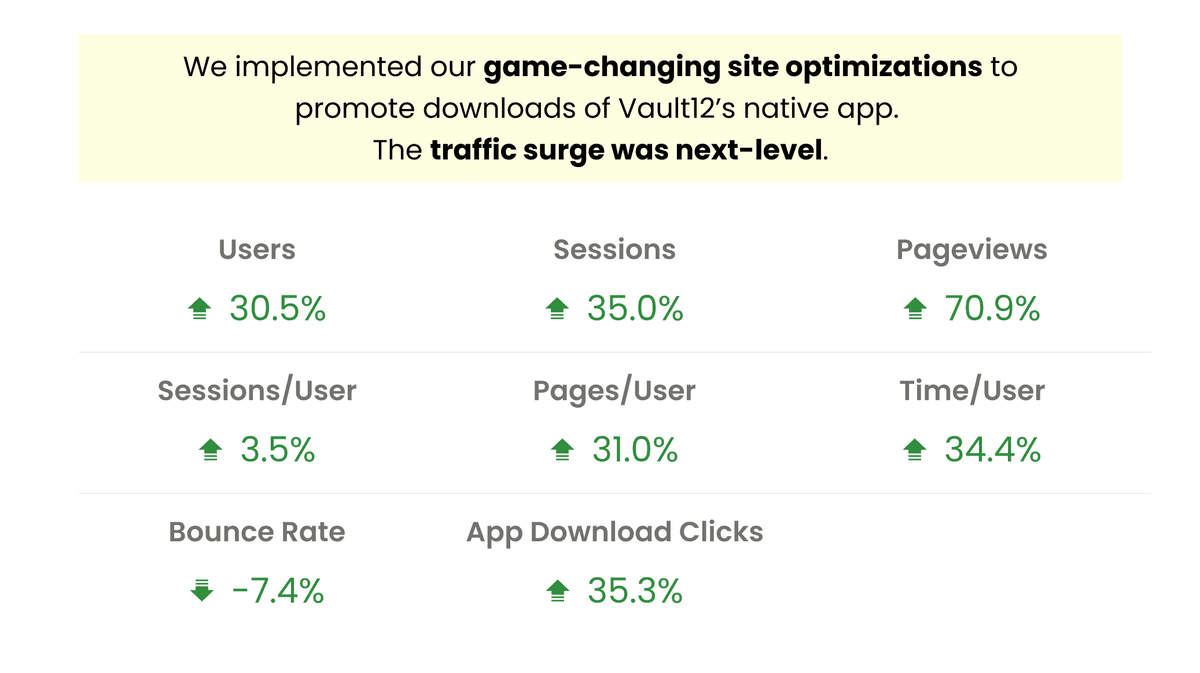Google Adds New Structured Data Enhancement: Pros and Cons for Product Reviews
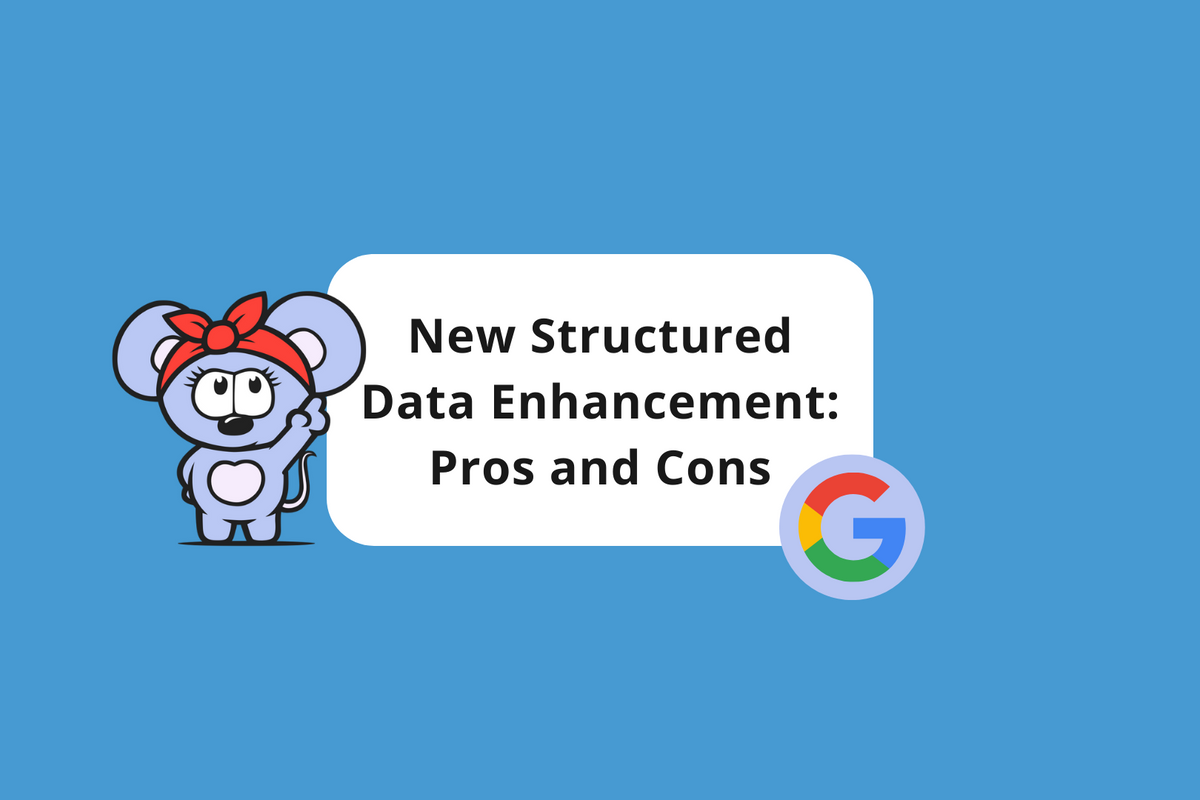
Give your product pages an extra boost on search with a new structured data attribute
Google’s doubling down on the value of product reviews in search returns. On August 5, 2022, the search engine announced a new site element available for markup — structured data for pros and cons about a product. According to Google's announcement, research has shown that pros and cons lists are a valuable tool for shoppers when making purchase decisions.
By supplying this data to Google’s crawler, the pros and cons that are listed on your site’s product page are more likely to show up in a product review snippet. To make sure you entered the structured data correctly, you can use Google’s Rich Results Test .
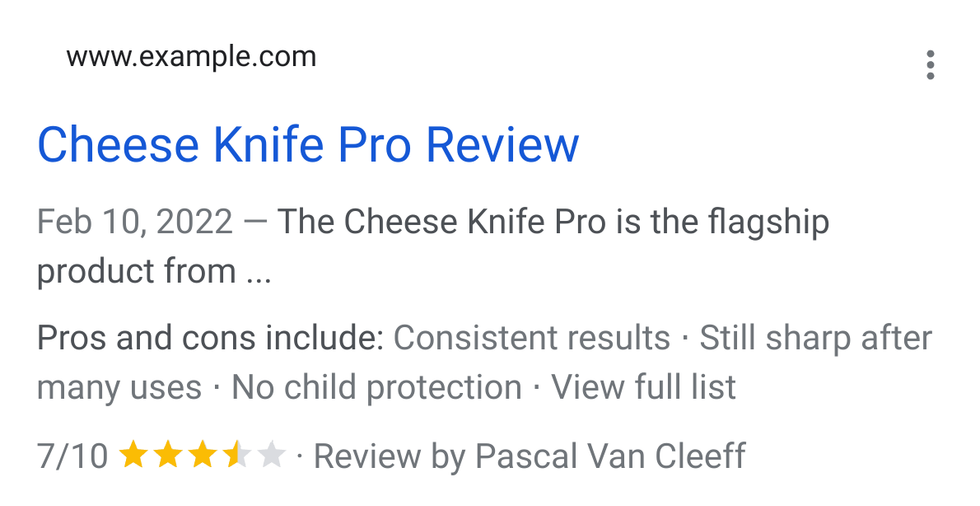
If you don’t enter the pros and cons structured data in your content, Google will try to automatically identify them on your page. However, the structured data you do supply to Google will be prioritized over anything the search engine extracts automatically from your site.
According to Google, only editorial product review pages are eligible for the pros and cons enhancement in search, not merchant product pages or customer product reviews. Click here to learn more about how to add pros and cons structured data to your site.
Google’s Ongoing Optimization of Product Reviews
The announcement of the pros and cons enhancement comes shortly after Google rolled out the fourth installment of its product reviews update on July 27, 2022.
The search engine first launched the product reviews update in April 2021. In that announcement, Google said the update aimed to favor product reviews with in-depth research instead of “thin content that simply summarizes a bunch of products.” The addition of pros and cons structured data seems to be an extension of this effort.
A list of pros and cons is certainly not the only structured data you can provide Google about a product page. There are several elements you can input using structured data, including the publish date, the product’s review rating, and the author of the review. When inputted correctly, structured data for reviews can be a powerful way to provide more information to Google about your product pages, which improves your search ranking in return. Click here to learn more.
Struggling With Structured Data? RebelMouse Can Help
So what is structured data anyway? Structured data is a set of "clues" provided to Google's site crawlers about the makeup of your content. Using schema, or a vocabulary you share with Google about every page on your site, you can tell Googlebot the story of your content in human languages. For example, on a recipe page, these classifying components could be ingredients, cooking time, temperature, and nutritional information. Click here to learn more.
RebelMouse is an enterprise-level CMS with built-in search technology that takes a holistic approach to generating traffic from Google. Our publishing platform not only helps content creators prep every article for success on search, but it also takes care of the many components of technical SEO that often get overlooked. This includes structured data.
Through our Layout & Design Tool, it’s easy to populate structured data for article pages, videos, images, and lead media:
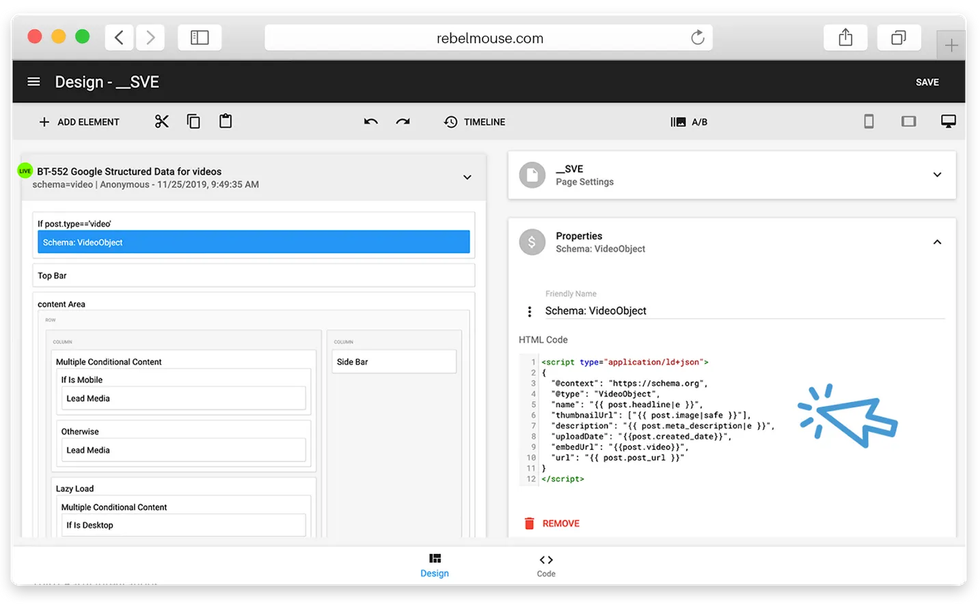
Every RebelMouse site automatically populates key structured data so that Google can better understand your site. This, in turn, optimizes your pages to win in search results. Our out-of-the-box integration populates all of the standard schema data with information about article content. Click here to learn more.
If you’re ready to take your search strategy to the next level and give Google all of the data it needs so that your site makes it to page one, request a proposal today so we can start working together.
























